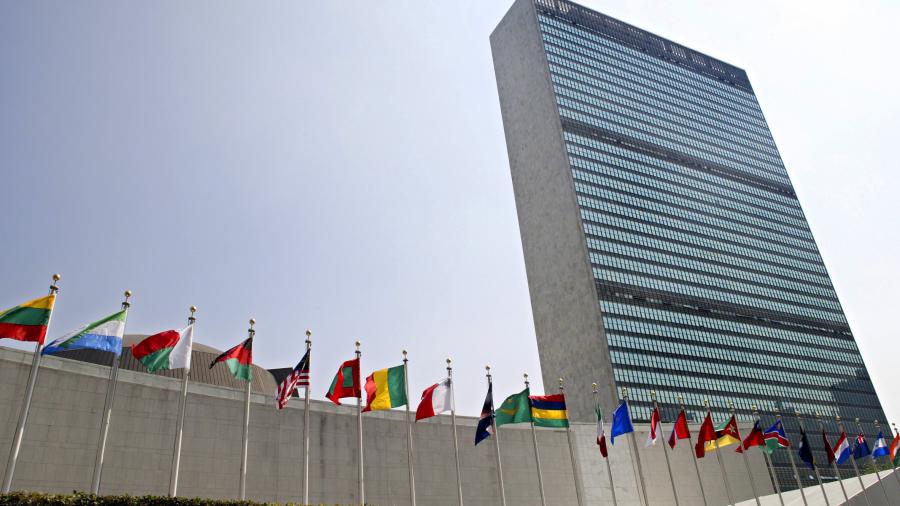This year’s Earth Day will be remembered as the day when the Paris Climate Agreement was signed by over 160 countries, at a ceremony in New York. That’s a record number of countries signing up at the same time to any global agreement, according to the UN.
The signing of the Paris agreement doesn’t mean it comes into force – but it does kick-off the vital process for each country to ratify the Agreement. The mechanism for that varies, but the important thing to know is that, when it’s been ratified by 55 countries, representing at least 55% of global emissions, the Paris Agreement comes into force.
That must happen as soon as possible, since the window of opportunity to meet crucial climate goals is closing fast.
We also need many aspects of the Paris Climate Agreement to be strengthened significantly – and much sooner than currently planned.
But when it comes to tackling climate change, international agreements are no substitute for concrete action here in the UK, and in other countries.
However, this week in the Commons, Ministers again put the profits of fossil fuel companies above the public interest in a safe climate, and above the huge economic and employment opportunities of going all out for renewable energy.
First, on wind power subsidy cuts in the Energy Bill, the Government rejected an amendment by the House of Lords to give a lifeline to onshore wind projects, many of which are unfairly affected by the Conservative’s decision to end subsidies for onshore wind a whole year earlier than pledged.
If the Lords stand their ground and send the Bill back to the Commons a second time, I’ll again vote against the Government’s ideological attack on onshore wind, which is harming investment and jobs as well as efforts to cut carbon emissions.
Second, on solar power, I challenged the Treasury to drop their damaging plans to tax solar PV panels at a whopping 20%. This is completely unacceptable – especially at a time when the Treasury is offering major tax breaks to fracking and oil and gas extraction.
Ministers had been claiming that EU rules meant they had to put a 20% tax on solar power, but the European Commission confirmed this was not the case, which means the Government’s solar tax proposals can and should be dropped immediately.
As you can see from my challenge to the Minister, his reply was deeply disappointing – again demonstrating the Tories’ economically and environmentally reckless approach to renewable energy in the UK:
Caroline Lucas, Green, Brighton Pavilion
“Given that the EU’s VAT reform action plan will give Governments discretion in applying rates of VAT, including on solar power, will he confirm categorically to solar installers in my constituency that the UK has officially and permanently dropped the proposal to hike solar VAT to 20%?”
Damian Hinds, Conservative, Exchequer Secretary
“The reduced rate of VAT remains in place on all 11 of the categories of energy saving materials. Following the decision by the European Court, we have consulted interested parties on the issue and, given the complexities involved, we are still considering the responses.”
These are shocking double standards: there is no excuse for taxing clean renewable energy at higher rates than dirty fossil fuels. Nor is there any excuse for pointing the finger at Brussels, when our EU membership is overwhelmingly beneficial to efforts to tackle climate change.
As Barack Obama wrote today: “When the climate agreement in Paris needed a push, it was the European Union, fortified by the United Kingdom that ultimately helped make that agreement possible.”
But, if the Paris climate agreement is to be meaningful, the Government – including the Treasury – must rewrite its policies to put renewable energy and efficiency first, and stop subsidising the extraction of oil and gas that we simply cannot afford to burn.
As citizens, politicians and campaigners, we stood together to secure the Paris climate agreement. Now, we must redouble our efforts to demand a clear plan for 100% renewables by 2050, to ensure fossil fuels are kept in the ground, and to force the wider system changes that will deliver climate justice for all.
For me, that includes campaigning to stay in the EU. There’s also an opportunity to take to the streets again, to demand Government action, at another big climate march, in just a few weeks’ time.




Join The Discussion